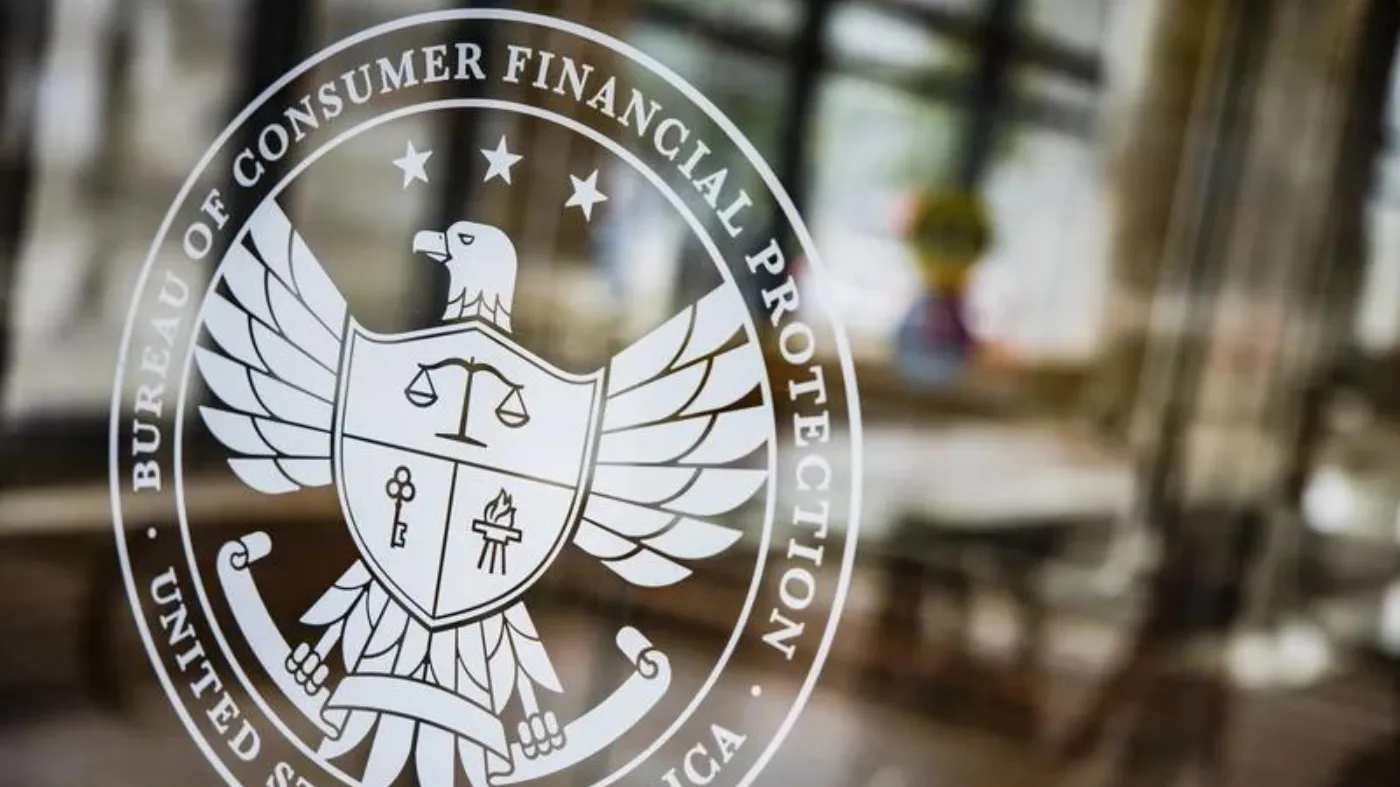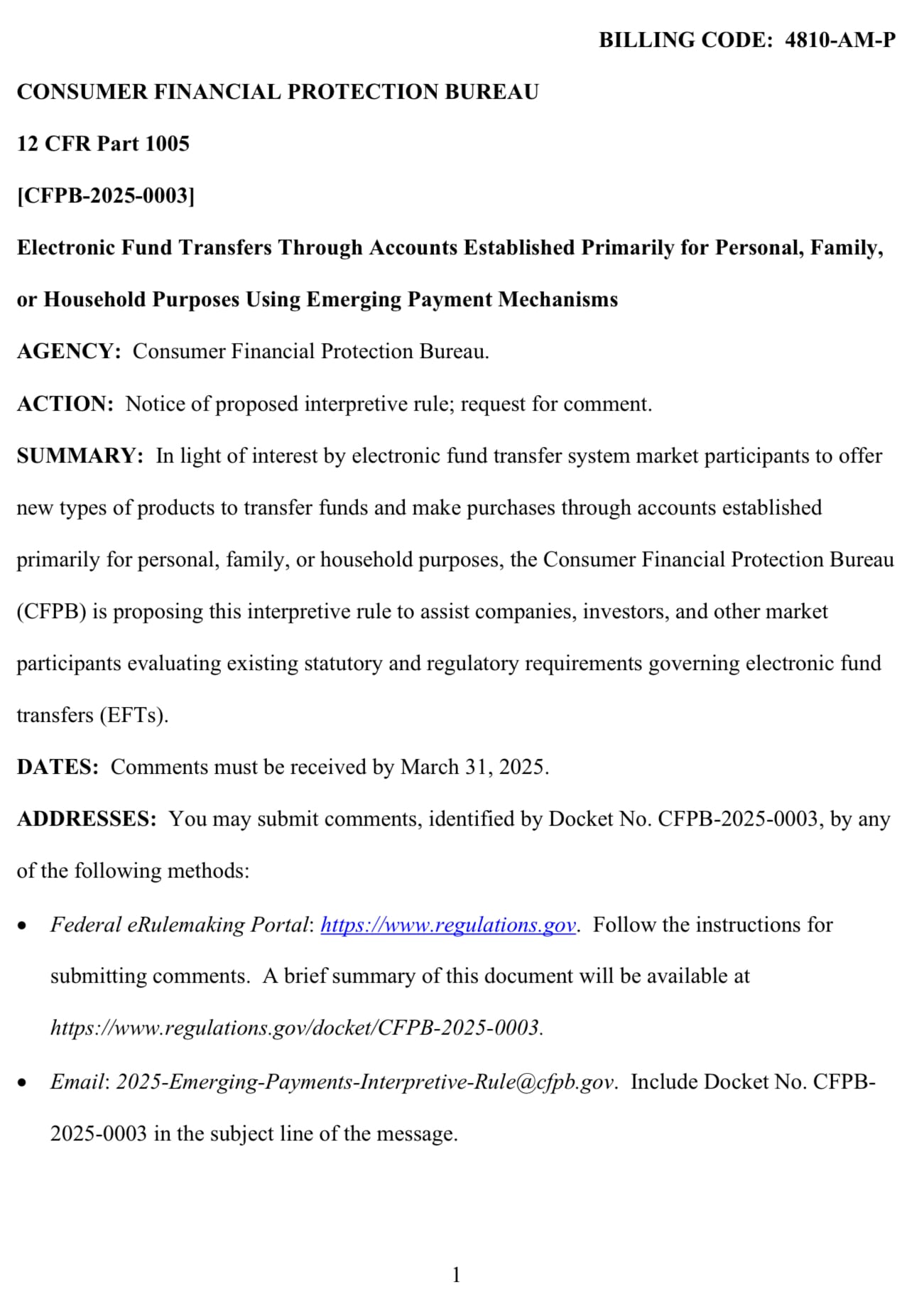Consumer Financial Protection Bureau Suggests Refunds for Hacked Crypto Users

The Consumer Financial Protection Bureau (CFPB) has recently unveiled a proposal that could significantly alter the landscape of digital asset protection, aligning them closely with the security measures afforded to traditional bank (TradFi) account holders. Under this proposed rule, cryptocurrency service providers such as exchanges might be obligated to refund and reimburse users for losses incurred due to hacks or other illicit activities.
In a detailed notice issued today, the CFPB outlines its intention to extend protections to accounts and wallets that utilize "emerging payment mechanisms" for personal use. This initiative seeks to mirror the safeguards provided under the Electronic Fund Transfer Act (EFTA) for fiat currency accounts. The agency suggests that these protections should extend to transactions involving stablecoins and other fungible assets that serve as a medium of exchange or means of payment for goods and services.
The rationale behind this proposal, as stated by the CFPB, rests on the interpretation that the term "funds" in EFTA is not solely limited to conventional currency like the US dollar. Instead, it encompasses any asset that functions similarly to money, whether accepted for exchange, as a measure of value, or for payment. This expansive definition could usher in a new era of consumer protection in the volatile world of cryptocurrencies.

Impacts on the Crypto Industry
Should this rule be enacted, it would mark a significant shift in how custodians manage security and liability. The crypto sector has been grappling with increasing incidents of cyber theft, with 2024 witnessing over $2 billion in crypto stolen through hacks according to PeckShield. CertiK highlighted phishing as the predominant method behind these losses, indicating a growing sophistication among cyber attackers.
The implications of this rule could be profound. With the potential for increased adoption of cryptocurrencies, the risk of cyber attacks might escalate further into 2025. If the CFPB's proposal becomes law, crypto companies would face the daunting task of maintaining reserves possibly worth millions or billions to cover potential losses due to hacks. This financial precaution could fundamentally alter the operational models of many crypto service providers, especially those based in the United States.
Moreover, this proposal comes at a pivotal political moment, potentially being one of the last significant regulatory moves under President Joe Biden's administration, whose term ends on January 20. With the incoming administration under President-elect Donald Trump, who has shown a preference for deregulation and has advisers like Elon Musk suggesting the dismantlement of the CFPB, the future of this rule remains uncertain.
The CFPB has opened this proposal for public comment, with a feedback period extending until March 31, well into the new administration's term. This window provides stakeholders in the cryptocurrency industry, consumer advocates, and the general public an opportunity to weigh in on the potential impacts of this rule. The discourse surrounding this proposal will not only shape the regulatory landscape for digital assets but also highlight the ongoing debate on consumer protection versus industry innovation in the rapidly evolving fintech sector.

